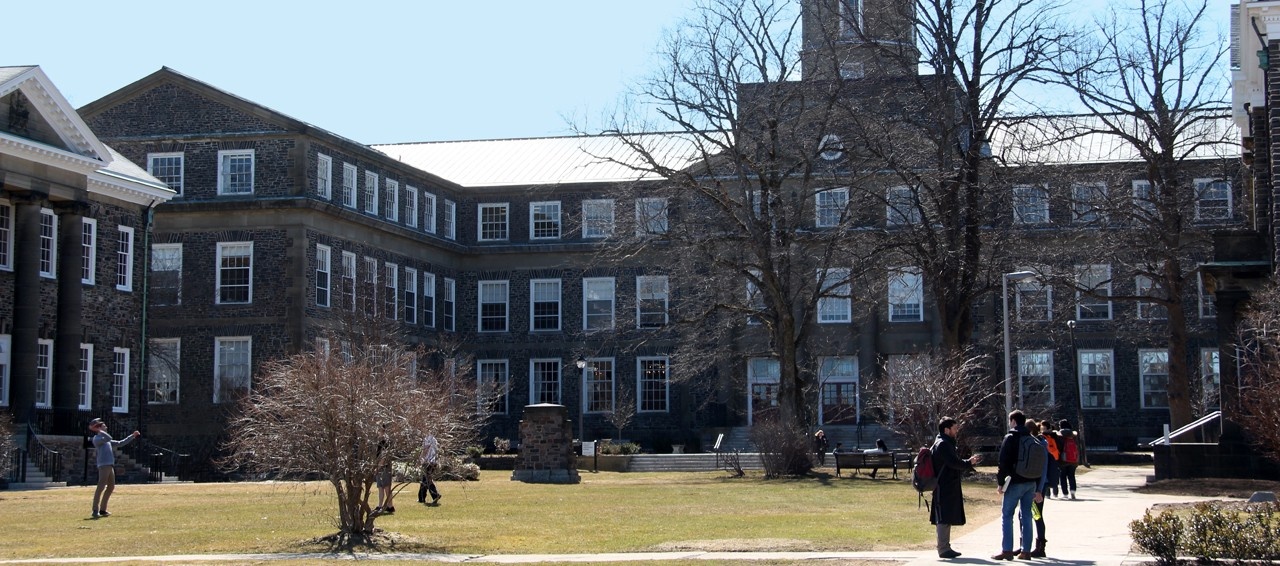When you arrive at the airport in Canada, you will pass through Canadian Immigration. Tell the immigration officer that you are coming to Canada to study and present to the officer the following documents.
- Valid travel document, such as a passport.
- Letter of Introduction: This is the letter you received from the visa office if you applied, and were approved, for a study permit. It is sometimes called the letter of introduction or introductory letter. Officially, it is called the Port of Entry (POE) Introduction Letter.
- Valid electronic travel authorization (eTA), valid visitor visa (temporary resident visa), valid green card (or equivalent official proof of U.S. status) or another valid travel document.
- An original or copy of your letter of acceptance from Dalhousie University.
- Evidence of financial support (proof of funds documents)
- Letters of reference or other documents recommended by the Canadian embassy, consulate, or high commission.
- Record of Health Immunizations (if required)
Keep all these items in your carry-on luggage, as well as cash, traveller’s cheques, and other valuable documents with you. Do not put them in your checked baggage.
Respond to all questions the immigration officer asks you with clear, simple answers. Service is available in English and French. If you do not fully understand the questions, ask for an interpreter. They are available in many languages.
After the officer processes your information, they will give you a Study Permit (a piece of brown paper that is often stapled to your passport).
When booking your flights to Canada, make sure that you have ample connection time at your first airport. DO NOT leave the airport or board a connecting flight until you have received your study permit.
You should check your permit for errors before leaving the immigration officer. It is much easier to have the Officer fix them immediately, than to try to get them fixed later.
If you are a student who expects to work during your time in Canada, it is very important to check for conditions that include the words “may work” or “may accept employment.” If your study permit does not include those words, please tell the immigration officer who issued your permit, as all post-secondary students should include such conditions.
For an explanation of where/how to get your study permit at the airport, watch the following Canadian Border Services Agency video.
